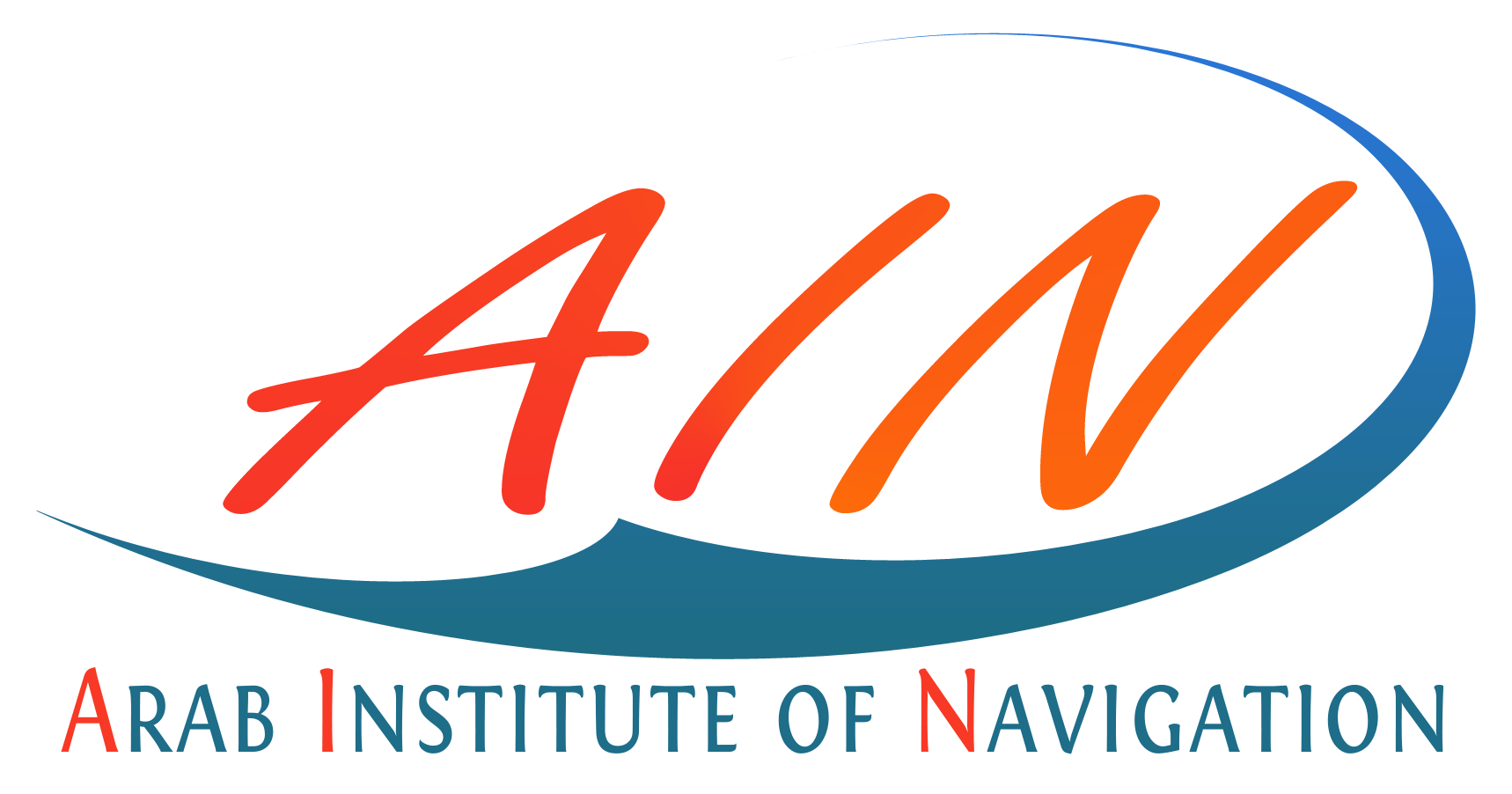| دور قوانين المصايد المحلية والاتفاقيات الدولية في إدارة سلامة سفن الصيد في مصر |
| عبد الخالق كمال الدين سلمي – هشام محمود هلال – علاء الدين أحمد كمال الحويط |
| DOI NO. https://doi.org/10.59660/47114 Received 10/07/2023, Revised 15/08/2023, Acceptance 21/08/2023, Available online and Published 01/01/2024 |
المستخلص
تعتبر لقوانين ادارة المصايد تأثير كبير على سلامة سفن الصيد حيث إن قراراتهم يمكن أن تؤدي الي حوادث وقد تجبر مالك السفينة والصيادين لتحمل مخاطر الصيد في الطقس السيئ او مسافات ابعد ولعدد أيام أكثر من المعتاد بسبب الضغوط الاقتصادية والاجتماعية. اكدت المنظمات الدولية ILO وIMO وFAO على أن مهنة الصيد مازالت من أخطر المهن في العالم. تقدر عدد الوفيات في مصايد الأسماك 32000 وفاة في السنة. بلغ عدد حوادث سفن الصيد في مصر (2011-2020) 979 حادثة طبقا كتاب الإحصائيات السمكية السنوي الصادر عن GAFRD (2020) . فالمشكلة أن قوانين ادارة المصايد البحرية في مصر تعاني من قصور في السلامة مما أدى إلى حوادث سببت كثيرا من الإصابات والوفيات للصيادين. يهدف البحث إلى دراسة قوانين سلامة سفن الصيد المصرية ثم دمجها في قوانين إدارة المصايد لتقليل الحوادث. من خلال مراجعة الأدبيات، تبين ان هناك ندرة في الأبحاث المصرية عن سلامة سفن الصيد. يعتبر البحث وصفي تحليلي يعتني بمجال العلوم الإنسانية باستخدام استقصاء مقياس ليكرت الخماسي في الاستبيان الذي تم توزيعه على عينة من خبراء المصايد ثم اجراء تحليل (SWOT) لتطوير القوانين الحالية. تستند فرضية البحث على انه إذا تم دمج الاتفاقيات الدولية ذات الصلة بالسلامة في قوانين إدارة المصايد بذلك تقل الحوادث. يوضح البحث العلاقة بين قوانين ادارة المصايد وسلامة الصيادين وكيفية التغلب على معوقات تطبيق قواعد السلامة. تكمن أهمية البحث في ربط قوانين السلامة المحلية بالاتفاقيات الدولية كذلك المساهمة في تحسين إدارة سلامة سفن الصيد في مصر للحد من الحوادث.
.

